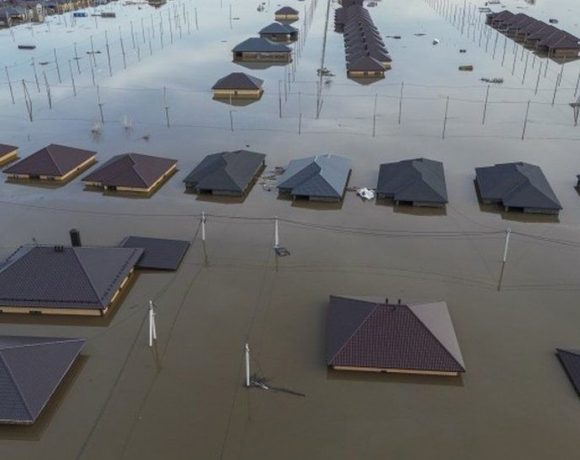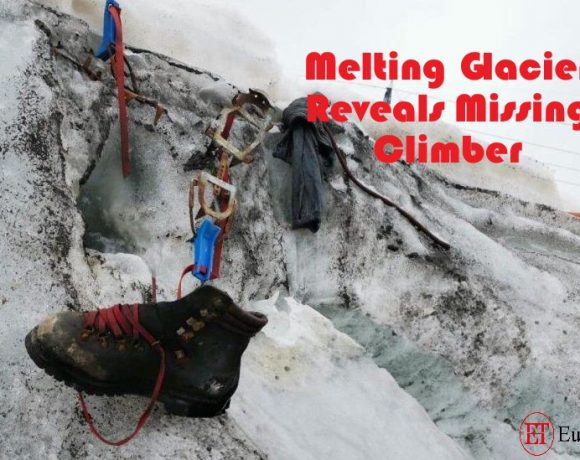
Severe flooding has struck Orenburg, Russia, with water levels soaring two meters above critical levels, leaving rooftops barely visible. The mayor has urged residents to evacuate immediately as sirens blare throughout the city. The crisis is expected to worsen, extending to neighboring regions, including Kazakhstan, where 100,000 people have already been displaced.
This flood is deemed the worst in 80 years, triggered by rivers, notably the Ural, overflowing due to rapid snow and ice melt exacerbated by heavy rains. Orenburg, with a population of half a million, faces unprecedented evacuations and extensive property damage, while downstream areas like Orsk grapple with their own challenges following dam breaches.
Further east, rivers like the Ishim and Tobol are rising to perilous levels, with floodwaters threatening northern Kazakhstan and prompting evacuations. Efforts to reinforce dams and declare states of emergency in affected regions are underway, yet the scale of this disaster surpasses anything witnessed in recent memory.
Picture Courtesy: google/images are subject to copyright

